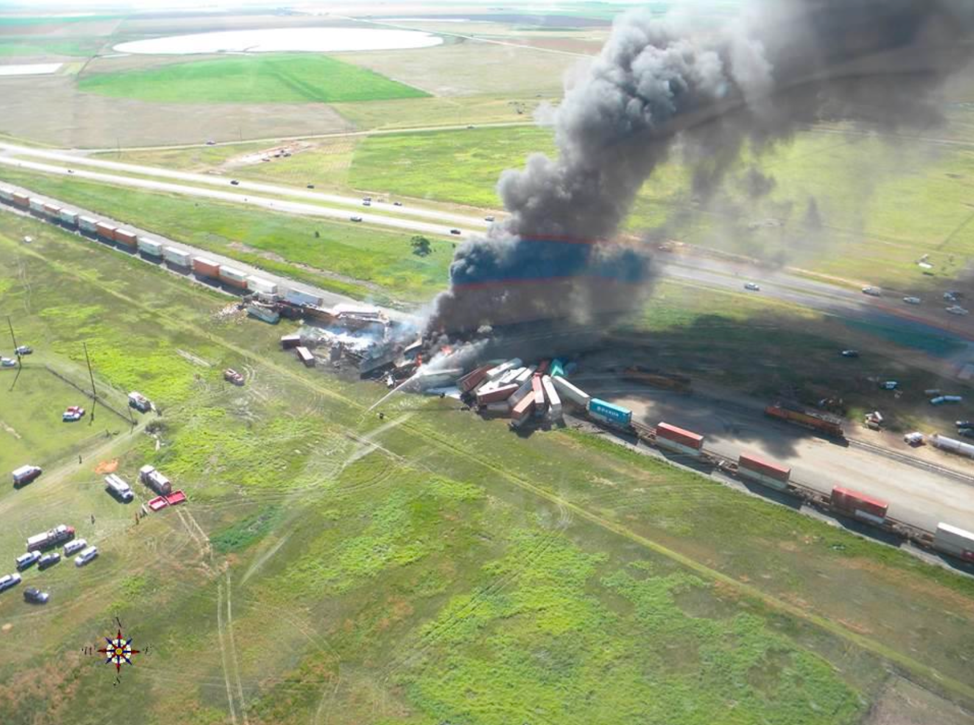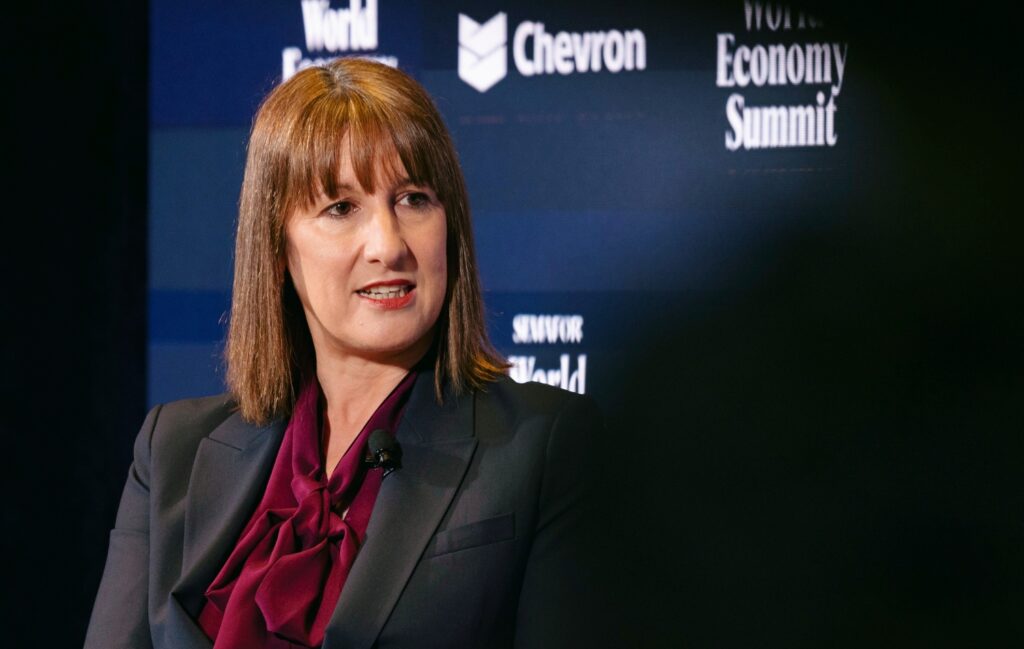On February 25, Greece experienced its deadliest rail disaster ever when a freight train ran headlong into a passenger train coming towards it on the same track, killing 57 people. This tragic accident, near the city of Larissa, occurred just weeks after the East Palestine, Ohio rail disaster, and while the outcomes are different, the root cause is the same: corporate greed and deregulation.
While two trains colliding on the same tracks might seem unfathomable to Americans, it shouldn’t be. A similar accident occurred in Texas in 2016, a year after the U.S. rail industry refused to meet a Congressionally mandated deadline for installing a safety system called positive train control, which would have prevented the accident.
Threatened with a rail shutdown, Congress buckled and gave the industry an extra three years to install the safety system, with the option for an extension until the end of 2020. On December 29, 2020, the Federal Railroad Administration announced that positive train control was finally installed on all of the required rail lines.
As DeSmog has reported, the U.S. rail industry has lobbied against the requirement to install positive train control since 1970. In fact, one rail lobbyist received an award for being “part of a successful push for a congressional agreement to extend a deadline for automated trains on most of the nation’s railways.” The National Transportation Safety Board first recommended positive train control in 1970 after two Penn Central commuter trains collided head-on near Darien, Connecticut, the previous year. Four people were killed and 43 were injured.
On January 9, 2007, near Woburn, MA, we investigated the 124th of 154 #PTC preventable accidents: https://t.co/eDuqOUgYFs #PTCdeadline #NTSBmwl pic.twitter.com/rS7L45JkGP
— NTSB (@NTSB) December 3, 2020
The Greek rail system was supposed to have installed modern safety technologies like positive train control three years ago but instead followed the path of the U.S. rail industry and delayed the installation. Meanwhile, in response to Greece’s government debt crisis, international financiers and the European Commission for years have pushed the nation toward deregulation and privatization.
During the March 9 U.S. Senate hearings on rail safety, we learned Norfolk Southern, the rail company responsible for the East Palestine disaster, cut a third of its employees between 2002 and 2020. In January 2020, the Washington Post reported how Wall Street “cheered on” large staff cuts at Norfolk Southern. While the company was cutting staff, Norfolk Southern executives were receiving bonuses which incentivized running longer trains.
The Greek rail system was privatized in 2017, when Trainose, the state rail company operator in Greece, sold the rail line to an Italian company which reduced employee headcount to 800, down from 6,000 in 2010.
These two recent accidents also echo the root causes of the deadly 2013 Canadian oil train disaster that took 47 lives in Lac-Mégantic, Quebec. A Canadian columnist described it as a “corporate crime”. DeSmog documented how corporate cost-cutting led to the disaster.
In Canada, the engineer of the oil train involved in the Lac-Megantic accident was criminally charged and held responsible. In Greece, the station master, who advised one of the trains involved to “Pass the red signal,” was arrested and, if convicted, faces a long prison term. The New York Times reported that other rail employees explained these red warning lights were “always red because of years of technical failures” and employees instead used walkie-talkies to advise trains on risks.
As James K. Galbraith, an economist at the University of Texas at Austin, wrote of the Greek station master’s arrest, “How convenient that there is someone to blame.”
Galbraith also points the finger at the Greek government’s choice to protect corporate profits over the public, even as the nation’s railway system failed to maintain basic safety equipment. In America, rail lobbyists get awards for doing just that — and here too, the public pays the price.
🧵The Greek train crash left a nation consumed with grief and anger for 🇬🇷 govts that for years neglected the rail network. Our joint investigation w/ @reporters_gr reveals that French and Italian multinationals as well as EU policies are also to blame:https://t.co/dM4g5I6Icv
— Investigate Europe (@investigate_eu) March 10, 2023
Subscribe to our newsletter
Stay up to date with DeSmog news and alerts







